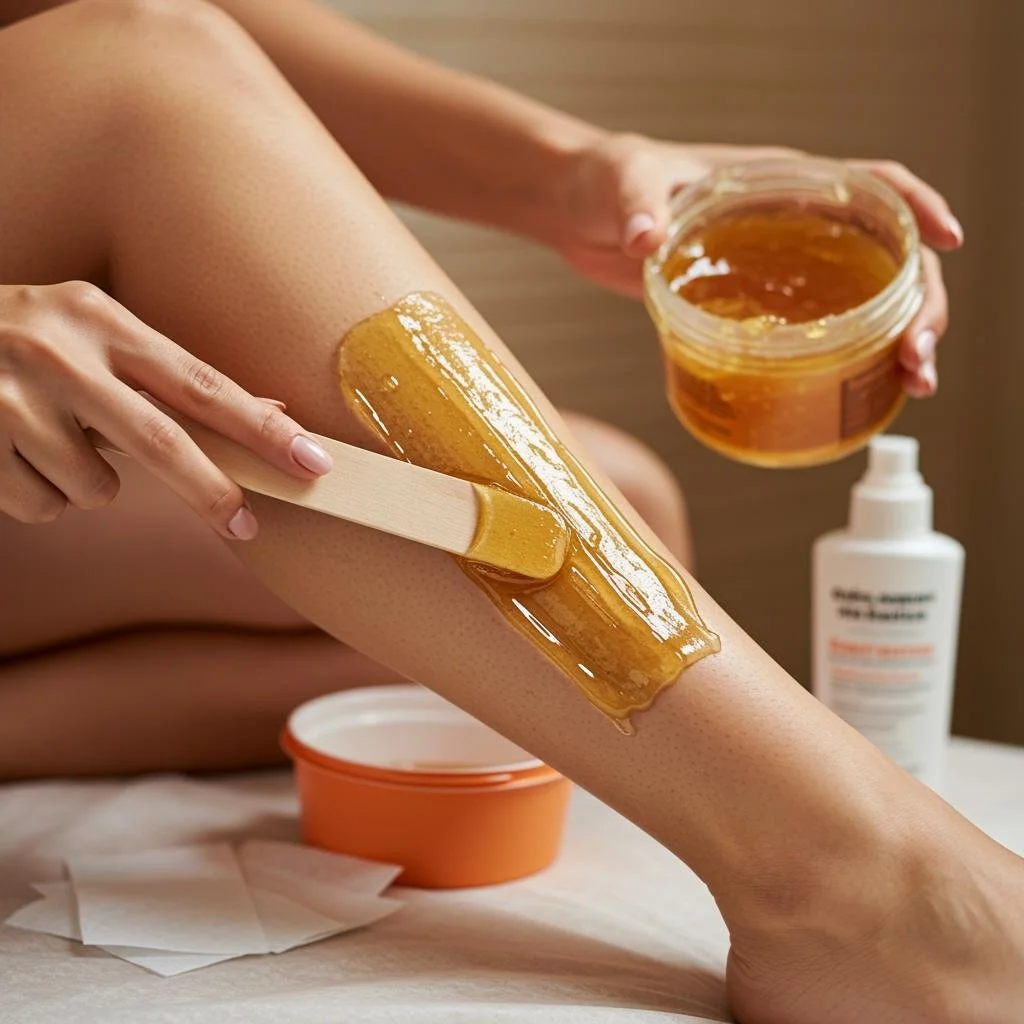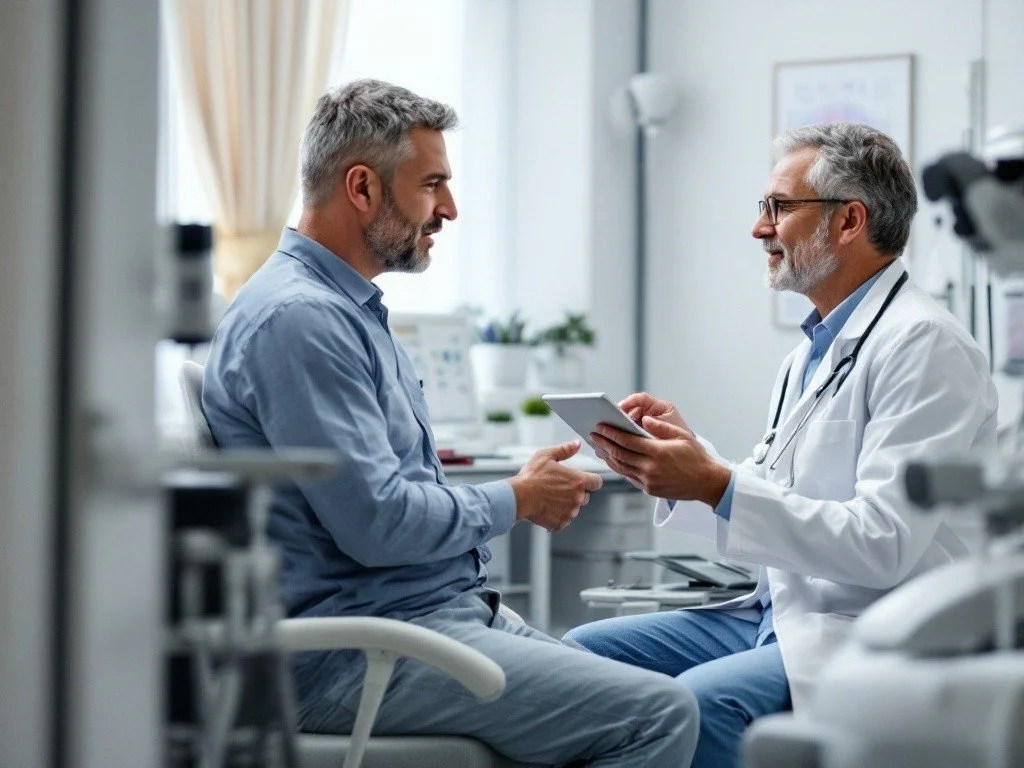Is Hearing Decline Inevitable? Not If You Ask The Experts
Many people assume that hearing decline is simply a natural part of aging—an unavoidable consequence of getting older or an age-related issue. But recent insights from health experts suggest otherwise. While age does play a role, hearing loss is increasingly being recognized as a lifestyle-related issue, much like heart disease or type 2 diabetes.
This shift in understanding has powerful implications. It means that although hearing loss may not always be preventable, its onset and severity can often be delayed or reduced through conscious lifestyle choices. In other words, hearing decline is not inevitable—and there are practical steps you can take to protect your hearing for the long haul.
In this article, we share invaluable tips and insights on how to effectively protect your ears from the risk of hearing loss. These practical strategies can help maintain your auditory health and enhance your overall well-being.
No. 1
Hearing Loss: More Than Just Aging
Hearing loss has long been associated with aging, and for good reason. As we grow older, the structures within the ear naturally begin to deteriorate. However, this process is often accelerated by external factors—many of which are within our control.
Just as poor diet and lack of exercise can increase the risk of cardiovascular disease, prolonged exposure to loud noise, poor ear hygiene, and even certain medications can contribute to hearing decline. Understanding these risk factors is the first step in taking proactive measures to protect your hearing.
No. 2
Avoid Loud Noises
One of the most effective ways to preserve your hearing is to avoid exposure to loud sounds. This includes both sudden, intense noises and prolonged exposure to moderate noise levels.
Whenever possible, avoid sitting near loudspeakers at concerts or events. If you work in a noisy environment—such as construction, manufacturing, or aviation—take steps to minimize your exposure. Even everyday activities like mowing the lawn or using power tools can contribute to hearing damage over time.
Perhaps the most insidious form of noise exposure comes from personal audio devices. Listening to music at high volumes through headphones, especially for extended periods, can cause lasting damage.
The tiny hair-like cells in the inner ear, responsible for transmitting sound signals to the brain, are delicate and irreplaceable. Once damaged, they do not regenerate.
Many people begin to experience subtle hearing loss as early as their teenage years due to unsafe listening habits. Over time, this damage accumulates, leading to noticeable hearing decline by middle age—or even earlier in extreme cases.
No. 3
Wear Hearing Protection
You can also protect your hearing by wearing hearing protection devices. These physically block incoming noise and are critical for anyone who expects to be exposed to loud noises. Hearing protection is essential in any environment where sound levels exceed safe thresholds, typically around 85 decibels.
Earplugs and earmuffs are both effective tools. For those working in noisy industries, custom-molded earplugs can offer superior protection and comfort. Musicians, frequent concert-goers, and even motorcyclists can benefit from specialized hearing protection designed to reduce harmful noise without distorting sound quality.
It’s also important to wear protection during recreational activities such as shooting, attending sporting events, or using loud machinery. Consistent use of hearing protection can significantly reduce the cumulative impact of noise exposure over time.
You can get more details from your doctor about protecting your ears with sound-reducing devices. Always ensure you use products with proven efficacy.
MyFitnessPal
Your health journey starts here!
Track your meals, workouts, and progress with MyFitnessPal.
No. 4
Limit Use of Headphones and Earbuds
Personal audio devices are a major contributor to early hearing damage. While convenient and enjoyable, headphones and earbuds can deliver sound directly into the ear canal at levels that exceed safe limits.
To minimize risk:
Use over-ear headphones instead of earbuds, as they are generally less damaging.
Follow the 60/60 rule: listen at no more than 60% volume for no more than 60 minutes at a time.
Invest in noise-canceling headphones, which reduce the need to raise the volume in noisy environments.
Taking breaks from headphone use and giving your ears time to rest can also help reduce long-term damage.
No. 5
Maintain Good Ear Hygiene
Proper ear care is another important aspect of hearing preservation. Avoid inserting objects like cotton swabs into your ears, as this can push wax deeper and potentially damage the ear canal or eardrum.
Instead, clean your ears gently with a damp cloth or use over-the-counter ear drops if you experience wax buildup. If you suspect a blockage or infection, consult a healthcare professional rather than attempting to treat it yourself.
Ear infections, if left untreated, can lead to temporary or even permanent hearing loss. Regular checkups can help catch these issues early and prevent complications.
No. 6
Monitor Medications and Health Conditions
Certain medications—known as ototoxic drugs—can negatively impact hearing. These include some antibiotics, chemotherapy agents, and high doses of aspirin or NSAIDs. If you’re taking any of these medications, speak with your doctor about potential side effects and whether alternatives are available.
Chronic health conditions like diabetes, high blood pressure, and cardiovascular disease can also affect hearing. These conditions may reduce blood flow to the inner ear, impairing its function. Managing your overall health through proper diet, exercise, and regular medical care can indirectly support your hearing health as well.
No. 7
Schedule Regular Hearing Tests
Just as you would schedule regular eye exams or dental checkups, hearing tests should be part of your routine health care—especially if you're over 40 or have a history of noise exposure.
Early detection of hearing loss allows for timely intervention. Hearing aids and other assistive devices are more effective when introduced early, before significant hearing decline occurs. Regular testing also helps track changes over time and ensures that any issues are addressed promptly.
No. 8
Stay Physically Active
Believe it or not, physical activity plays a role in hearing health. Exercise improves blood circulation, including to the ears, which helps maintain the health of the auditory system.
Activities like walking, swimming, and yoga can all contribute to better circulation and overall well-being. Staying active also reduces the risk of chronic conditions that may affect hearing, such as hypertension and diabetes.
No. 9
Eat a Hearing-Healthy Diet
Nutrition is another factor that can influence hearing. Diets rich in antioxidants, omega-3 fatty acids, and essential vitamins and minerals support ear health.
Consider incorporating the following into your meals:
Leafy greens like spinach and kale (rich in folate)
Fatty fish such as salmon and mackerel (high in omega-3s)
Nuts and seeds (sources of magnesium and zinc)
Citrus fruits and berries (packed with vitamin C and antioxidants)
A balanced, nutrient-dense diet can help protect against age-related hearing decline and support overall auditory function.
No. 10
Avoid Trauma To The Ear
The final way to reduce the risk of hearing loss as you age is to reduce trauma to the ear. Hard knocks on the head from any direction can increase the risk of becoming hard of hearing quite dramatically.
To reduce risk to a minimum, reconsider contact sports. Boxing and rugby can both lead to heavy knocks on the head, as can American footballs or spin-offs.
If you do something risky, always wear head protection.
Takeaways
While hearing loss is often associated with aging, it’s far from an unavoidable fate. Like many other health conditions, it’s influenced by lifestyle choices, environmental factors, and proactive care.
By avoiding loud noises, wearing hearing protection, limiting headphone use, and maintaining overall health, you can significantly reduce your risk of hearing decline. Regular hearing checkups, good hygiene, and a healthy diet further support long-term auditory wellness.
The key takeaway? You have more control over your hearing health than you may think. Start making small changes today, and your ears will thank you for years to come.
Looking for Wellness Resources?
Are you looking to enhance your wellness routine? Explore our wellness partners who offer a wide range of resources to support your journey toward holistic living and well-being.































